In the spirit of Jeff Foxworthy's comedy routine, You Might Be a Redneck, this is my version for our digital society.
You might be a social media junkie if you...
- Have accounts on more than three social media sites.
- Set up an account for your pet on Facebook or Twitter.
- Honestly believe that the world wants to know your every move, thought, and feeling.
- Have conversations online with family members when they are just in the next room.
- Spend more time "working" your social media than "working" your business.
- Spend most of your free time on social networking sites.
- Feel the need to post where you are at least once a day.
- Post private compliments or say "I love you" to someone online in an open forum.
- Complain to the world about your kids, pets, or spouse.
- Give too much personal information about anything and everything.
- Post photos online that people used to only share with friends or family.
- Announce that you're going to bed.
- Announce that you just woke up.
- Announce what a tough day you're having.
- Announce that you can't sleep at 4am wondering who else can't sleep.
- Ask the world to help you decide on trivial things.
- Friend or follow everyone and anyone just to get your numbers up.
- Give everyone a play-by-play of whatever you're doing at the moment using any and all electronic gadgets that have an Internet connection.
- Would rather communicate through social media than pick up the phone or talk in person.
- Can't miss a day without posting something to a social media site.
No checklist is complete until you grade yourself. Have some fun. Be honest.
0-2: Congratulations! You have your social media under control and you recognize the difference between real life and virtual life.
3-5: There's still hope for you. Just take a look at your posts or tweets for the past couple of days and see if everything you've said to the world was really necessary. A quick self-test: Would you go to the mall, stand in the middle of the food court and say the same things to a stranger, or show them your personal photos, or comment on their conversations? If not, then you probably shouldn't do that in an open public forum online.
6-10: Oh-o! You still have one foot in the real world but the other is on a slippery slope heading toward social media addiction. Depending on which ones you do most often, you might need some help weaning off of social media a bit.
11-15: An intervention might be in order. There are still people in the real world who can pull you back from your virtual world. If you make the leap now, you'll be glad you did because the real world has so much more life in it.
16-20: Unplug! Quickly, before it's too late! You are officially a social media junkie. Unplugging is the only solution at this point until you can remember that life before social media was perfectly fine without a virtual world. You talked with your family members in person. You shared photos in albums with people who actually came to your house. (Okay, digital photos now are acceptable.) You didn't have to ask the world's help in making decisions. You weren't compelled to post your every move, thought, and feeling. You could go a whole day without electronics at all. And you didn't feel bad if you didn't have a thousand friends.
Whether you are in the 0-2 category or you are officially a social media junkie, unplugging now and then can be very liberating and healthy. And guess what? The world will still go on, and so will you, without your tweets, posts, comments, or photos. Nothing in life--and I mean your real life--should have a hold on you to the point where you feel you can't live without it, even if it's just for a day.





